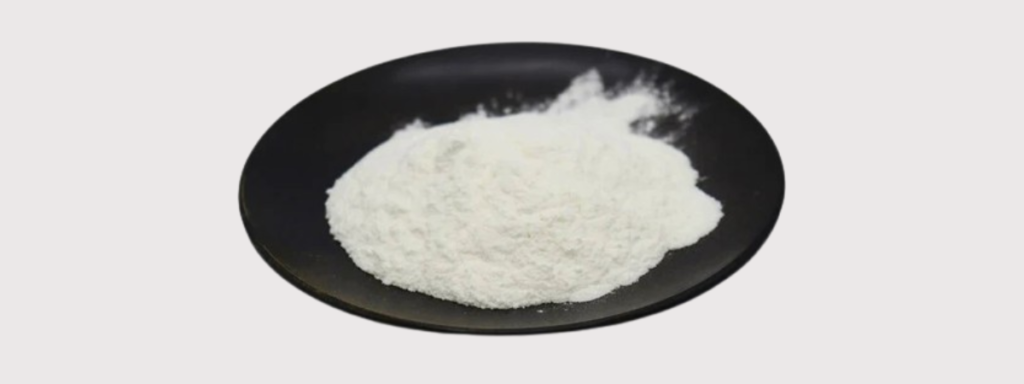
Sodium butyrate is a food-grade compound derived from butyric acid, a short-chain fatty acid naturally found in certain foods and produced by the microbial fermentation of dietary fibers in the colon. As a food additive, sodium butyrate serves various purposes, including enhancing the stability and shelf life of certain products. It is often used in the food industry for its ability to act as a preservative and improve the texture and flavor of certain food items. Additionally, sodium butyrate is believed to have potential health benefits, such as supporting gut health and serving as a source of energy for colon cells. Its food-grade designation ensures that it meets stringent safety and quality standards for consumption.
Composition
Sodium butyrate is composed of sodium salt and butyric acid. The chemical formula for butyric acid is C4H8O2, and when it is combined with sodium, it forms sodium butyrate (C4H7O2Na). This compound belongs to the class of short-chain fatty acids and is a salt derived from the natural fermentation of dietary fibers in the colon.
Advantages
- Preservative Properties: Sodium butyrate serves as a natural preservative, helping to extend the shelf life of certain food products by inhibiting the growth of harmful microorganisms.
- Texture Improvement: Sodium butyrate can enhance the texture and mouthfeel of certain foods, making them more palatable and enjoyable to consume.
- Microbial Stabilization: It aids in maintaining the microbial stability of food products, preventing spoilage and ensuring product safety.
- Gut Health Support: Sodium butyrate is believed to have potential benefits for gut health. As a short-chain fatty acid, it can serve as an energy source for colon cells and contribute to the maintenance of a healthy digestive system.
- Anti-Inflammatory Properties: Some studies suggest that sodium butyrate may exhibit anti-inflammatory properties, potentially contributing to the reduction of inflammation in the gut.
- Cellular Health: It may play a role in supporting the health of intestinal cells, promoting their growth and integrity.
- Food Industry Applications: Sodium butyrate finds applications in the food industry, including the production of baked goods, dairy products, and meat processing, where it contributes to quality improvement and safety.
Storage Conditions
Keep in a closely tight HDPE Drum. Store in a cool, dry, ventilated area. Protect again physical damage.
Handling Conditions
Avoid direct contact with skin, eye and cloth. Avoid ingestion and inhalation.
Packaging Details
25 KG HDPE Drum with Inner Polyliner
General Specifications
| Sr No. | Parameter | Specification | Results |
| 1 | Description | White free flowing powder, with occasional friable lump, odour characteristic | White free flowing powder, with occasional friable lump, odour characteristic |
| 2 | Solubility | Soluble in Water | Soluble in Water |
| 3 | Identification | Positive for Sodium and Butyric Acid | Positive for Sodium and Butyric Acid |
| 4 | pH (of 10% Solution in water) | 7.0-11.0 | 9.98 |
| 5 | Loss on Drying (at 1050C till constant weight) | NMT 3.00% | 1.52% |
| 6 | Heavy Metals (as Lead) | NMT 10 ppm | < 10 ppm |
| 7 | Arsenic | NMT 3 ppm | < 3 ppm |
| 8 | Assay (On dried basis) | 98%-101% w/w | 99.25% w/w |
Notes: * For more detailed specification and technical data please Contact Us.